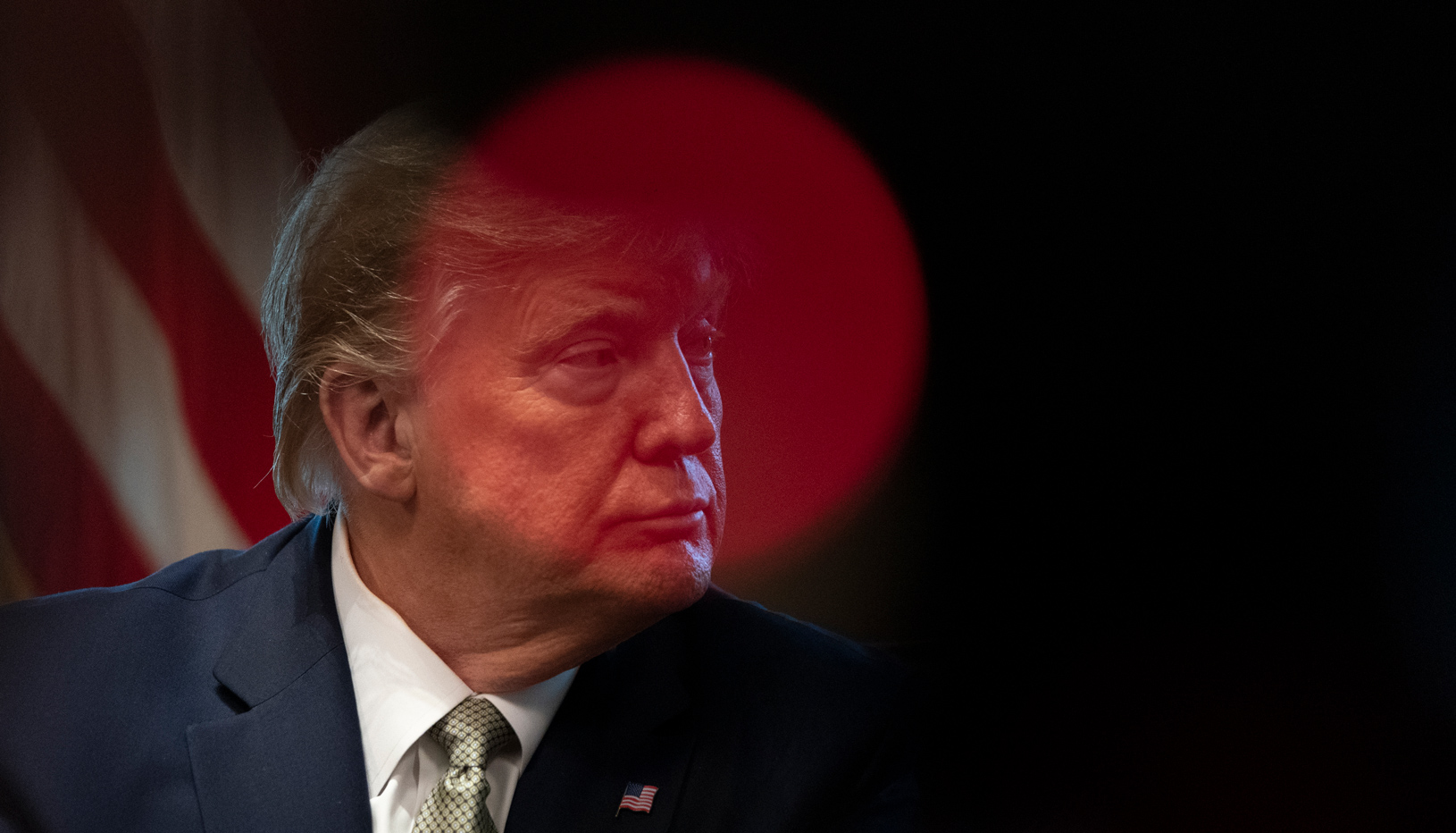It is important to protect the integrity of our elections. But we must be careful not to undermine free and fair access to the ballot in the name of preventing phantom voter fraud.
Politicians at all levels of government have repeatedly, and falsely, claimed the 2016, 2018, and 2020 elections were marred by large numbers of people voting illegally. However, extensive research reveals that fraud is very rare, voter impersonation is virtually nonexistent, and many instances of alleged fraud are, in fact, mistakes by voters or administrators. The same is true for mail ballots, which are secure and essential to holding a safe election amid the coronavirus pandemic.
The Brennan Center’s seminal report The Truth About Voter Fraud conclusively demonstrated that most allegations of fraud turn out to be baseless and that most of the few remaining allegations reveal irregularities and other forms of election misconduct. Numerous other studies, including one commissioned by the Trump administration, have reached the same conclusion.
Voter fraud is unacceptable, but we must find solutions that address actual problems instead of imposing policies that make it harder for millions of eligible Americans to participate in our democracy.











